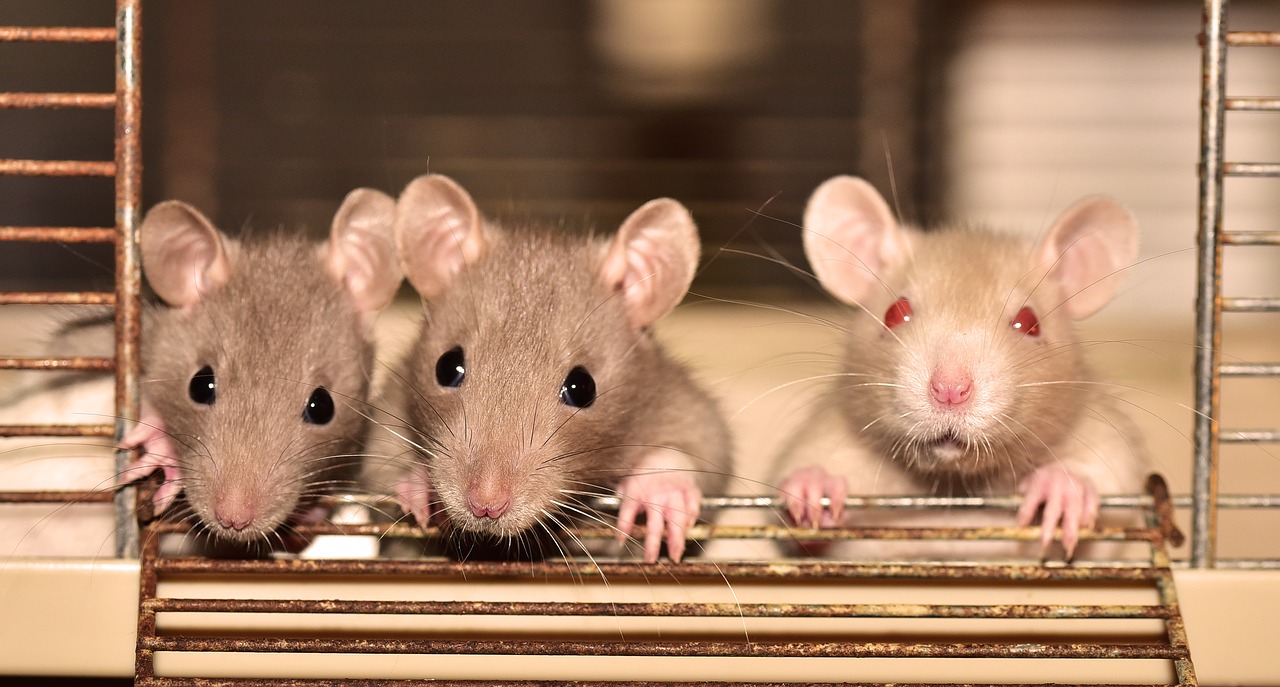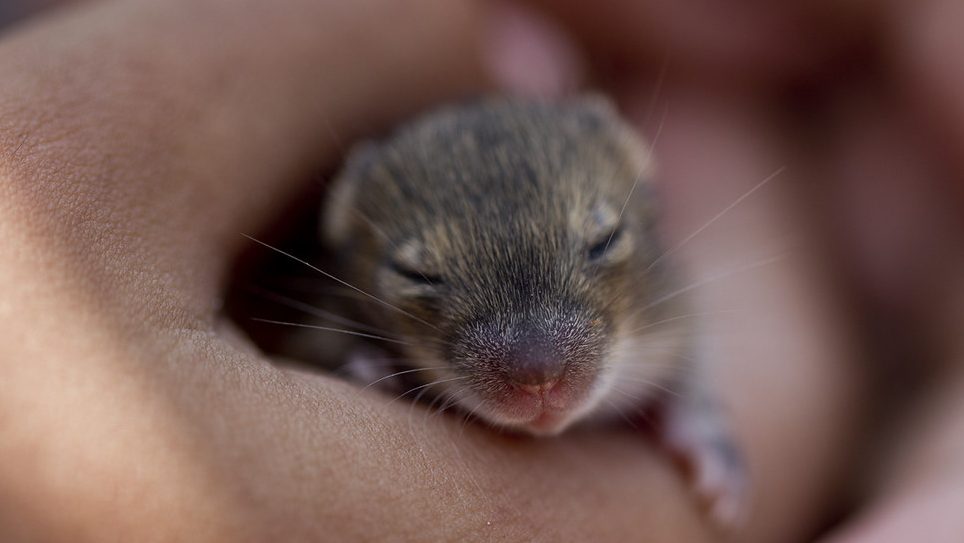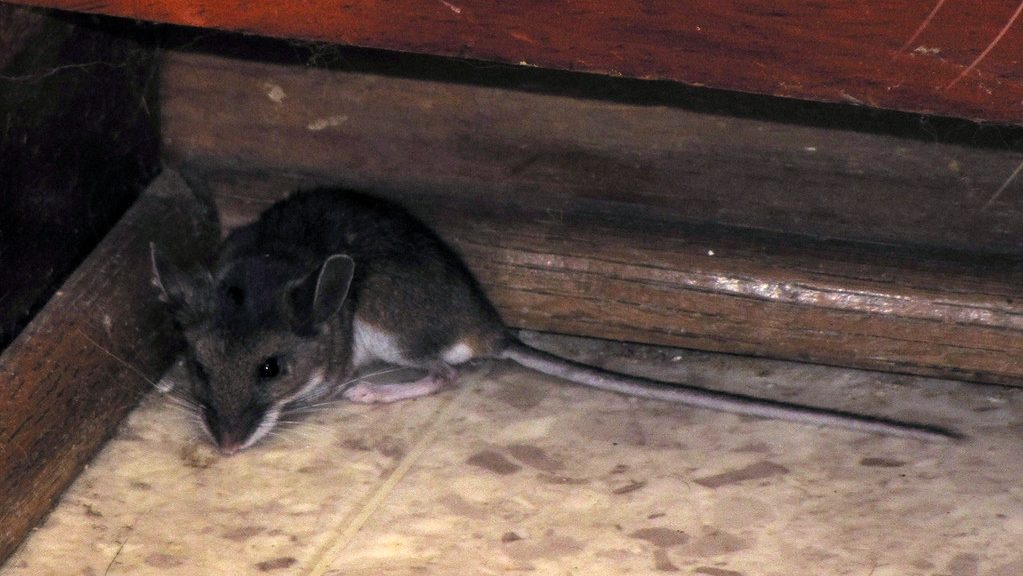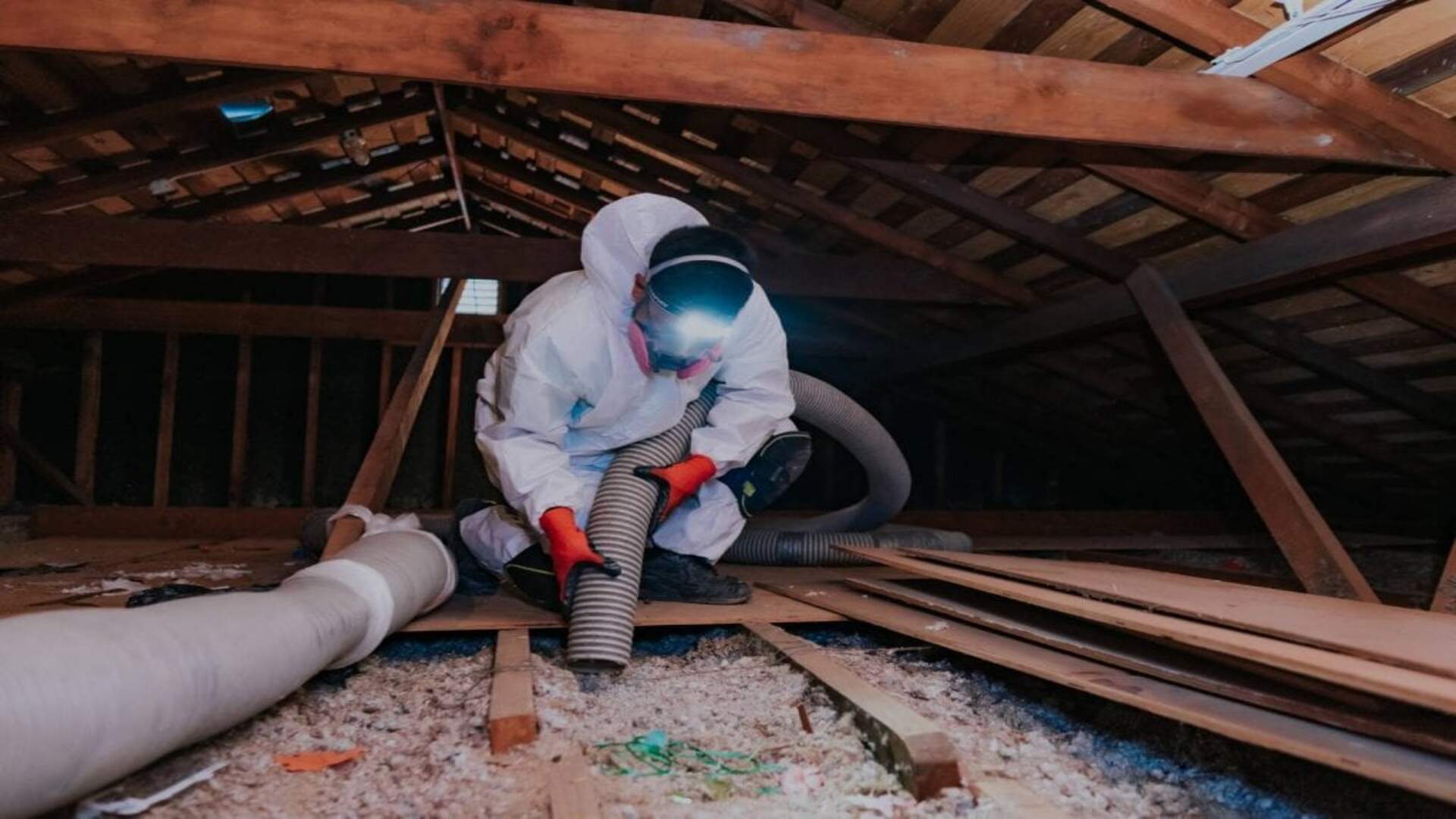Mice may seem like harmless, small creatures, but they can be a serious threat to your family. Understanding the potential dangers associated with mice is essential for taking the right steps to protect your household.
In this article, we’ll provide insights on the diseases mice can carry, the harm they can cause, and practical steps to protect your family from these rodents.



 Rat-Bite Fever
Spread through a mouse’s bite, scratch, or saliva, rat-bite fever causes symptoms such as fever, muscle pain, vomiting, and rashes. If proper care isn’t done, it can lead to serious complications. Avoid direct contact with mice and seek medical care for any bites or scratches.
Allergies
Mouse dander, urine, and feces can trigger allergies or exacerbate asthma. Symptoms include sneezing, coughing, itchy eyes, and respiratory issues. Regular cleaning and air purifiers can help reduce allergens in the home.
Visit our Species, Control, and DIY Guide sections for additional resources on rodents and ways to tackle a rodent infestation.
Rat-Bite Fever
Spread through a mouse’s bite, scratch, or saliva, rat-bite fever causes symptoms such as fever, muscle pain, vomiting, and rashes. If proper care isn’t done, it can lead to serious complications. Avoid direct contact with mice and seek medical care for any bites or scratches.
Allergies
Mouse dander, urine, and feces can trigger allergies or exacerbate asthma. Symptoms include sneezing, coughing, itchy eyes, and respiratory issues. Regular cleaning and air purifiers can help reduce allergens in the home.
Visit our Species, Control, and DIY Guide sections for additional resources on rodents and ways to tackle a rodent infestation.

 Use Traps or Baits
Set traps like snap traps, electronic traps, or live traps in areas where mice are often seen If using rodent baits, follow safety instructions carefully, especially in homes with pets or children.
Hire Professional Help
For larger infestations or persistent issues, consult a professional exterminator. Experts can locate entry points, identify hiding places, and implement targeted treatments to effectively eliminate the problem.
Use Traps or Baits
Set traps like snap traps, electronic traps, or live traps in areas where mice are often seen If using rodent baits, follow safety instructions carefully, especially in homes with pets or children.
Hire Professional Help
For larger infestations or persistent issues, consult a professional exterminator. Experts can locate entry points, identify hiding places, and implement targeted treatments to effectively eliminate the problem.

What Diseases Do Mice Carry?
Mice are not just household nuisances; they can also transmit diseases that may lead to health risks to humans. These diseases are transmitted through their urine, droppings, saliva, or even direct contact. Here are some of the most common illnesses associated with mice: Hantavirus Hantavirus is transmitted through mouse urine, droppings, or saliva, often when particles are inhaled or surfaces are touched. Symptoms include fatigue, fever, muscle aches, and, in severe cases, respiratory distress. Prevent this by sealing entry points and thoroughly cleaning contaminated areas. Leptospirosis This bacterial infection spreads through contact with water or surfaces contaminated by mouse urine. Symptoms include fever, headaches, muscle pain, and, in severe cases, liver or kidney damage. Always wear gloves when cleaning and disinfecting potentially contaminated spaces. Salmonella Mouse feces can contaminate food or surfaces, leading to salmonella infections. Symptoms include diarrhea, abdominal pain, fever, and vomiting. Prevent this by storing food in airtight containers and maintaining a clean kitchen.

Not getting a solution?
Get your free pest control estimate today!Other Ways Mice Can Harm Your Family
Mice can harm your family in ways beyond spreading diseases. They cause significant property damage by gnawing on wires, wood, insulation, and pipes, which can result in electrical fires, water leaks, and structural damage to furniture or belongings. Additionally, their ability to chew through food packaging and contaminate supplies with urine and droppings poses a serious risk of foodborne illnesses. Another concern is the rapid growth of infestations. A single female mouse has the ability to give birth to up to 35 offspring annually, leading to an exponential increase in the mouse population. This can amplify the risks to your family’s health and home, making it crucial to address the presence of mice promptly.
Can Mice Harm My Family’s Pets?
Pets are not immune to the dangers posed by mice. Dogs and cats, for example, can contract diseases from mice, such as Leptospirosis, a bacterial infection that can cause liver and kidney damage. Other than that, pets might eat poisoned mice or come into contact with traps, leading to accidental poisoning or injury. Furthermore, mice can attract predators into your home, such as snakes, which can pose an additional threat to your pets. Keeping mice out of your home is crucial for maintaining a safe environment for all family members, including your pets. It’s important to ensure that any rodent control measures you take are safe for your pets.How to Protect Your Family from Mice?
Preventing and addressing mouse infestations requires proactive measures to keep your home safe. Here are effective strategies to safeguard your family: Seal Entry Points Inspect your home for gaps or holes around doors, windows, vents, and utility lines. Use caulk or steel wool to block these entry points, as mice can squeeze through holes as small as a dime. Maintain Cleanliness Keep food in airtight containers, clean countertops, and regularly sweep floors and vacuum to remove crumbs and debris. Take out the trash frequently and use bins with tight-fitting lids to eliminate potential food sources. Use Traps or Baits
Set traps like snap traps, electronic traps, or live traps in areas where mice are often seen If using rodent baits, follow safety instructions carefully, especially in homes with pets or children.
Hire Professional Help
For larger infestations or persistent issues, consult a professional exterminator. Experts can locate entry points, identify hiding places, and implement targeted treatments to effectively eliminate the problem.
Use Traps or Baits
Set traps like snap traps, electronic traps, or live traps in areas where mice are often seen If using rodent baits, follow safety instructions carefully, especially in homes with pets or children.
Hire Professional Help
For larger infestations or persistent issues, consult a professional exterminator. Experts can locate entry points, identify hiding places, and implement targeted treatments to effectively eliminate the problem.





